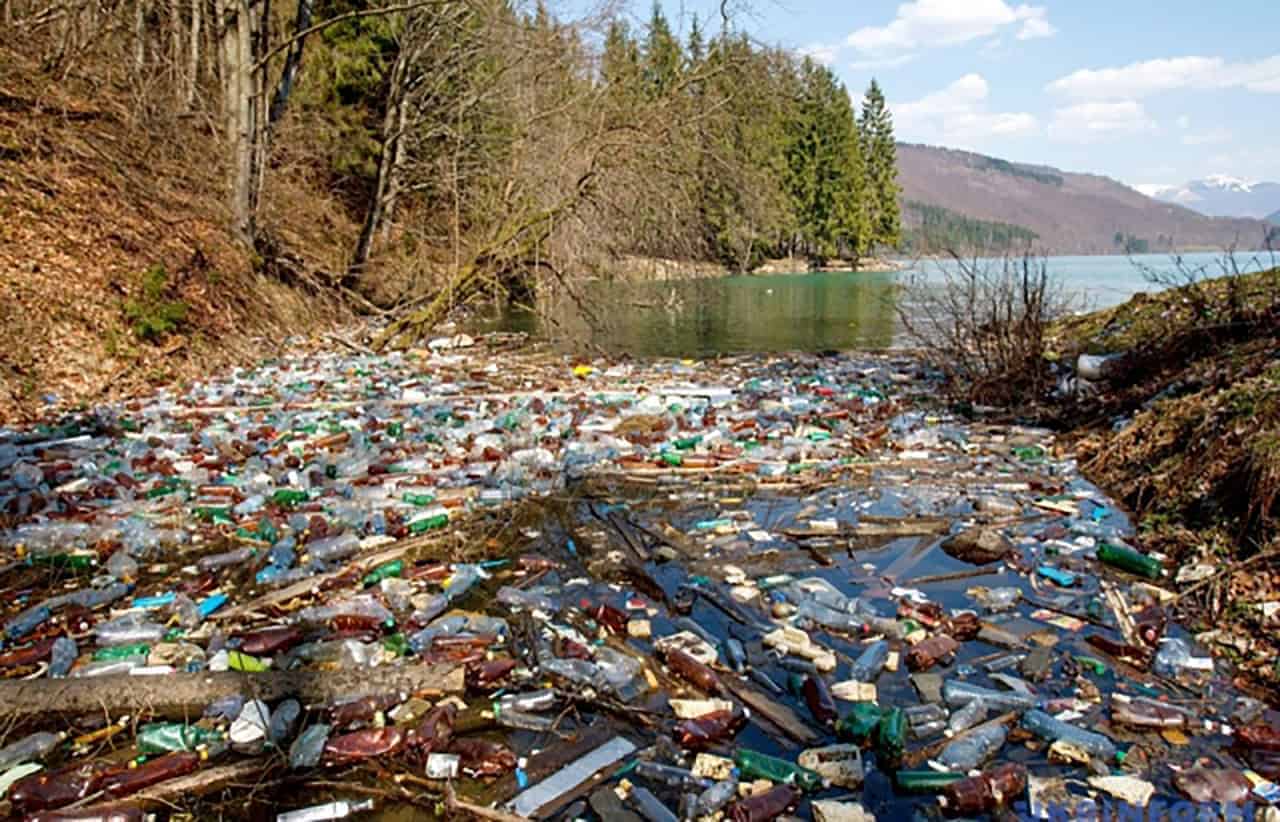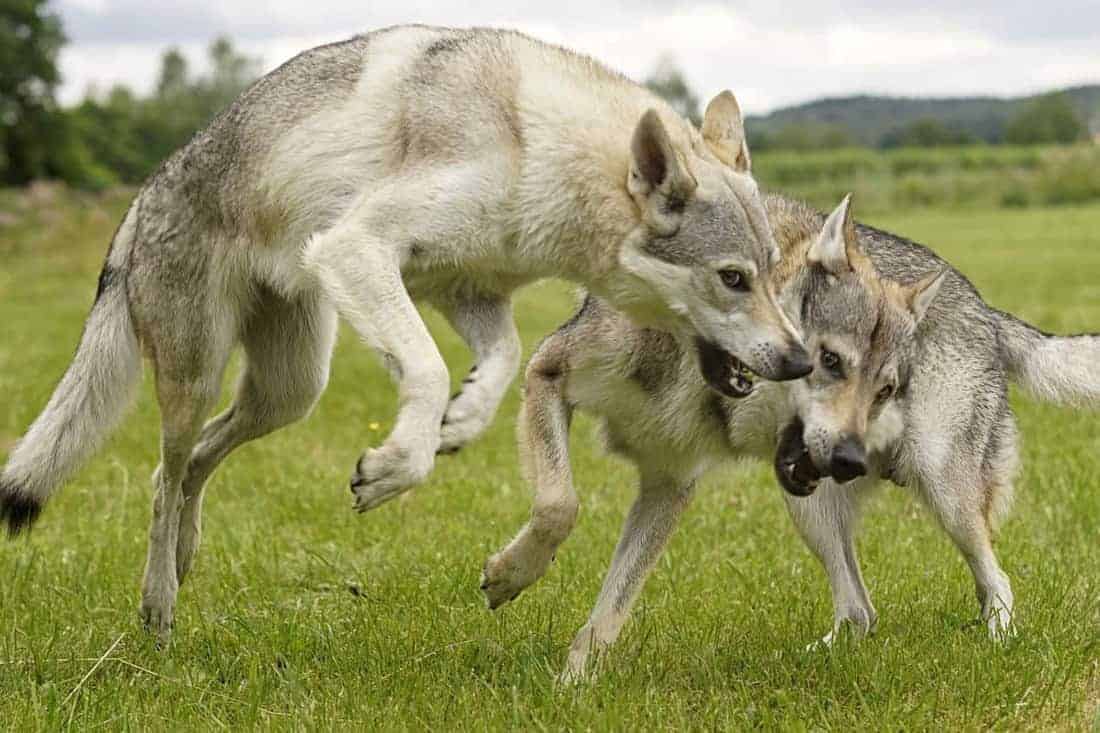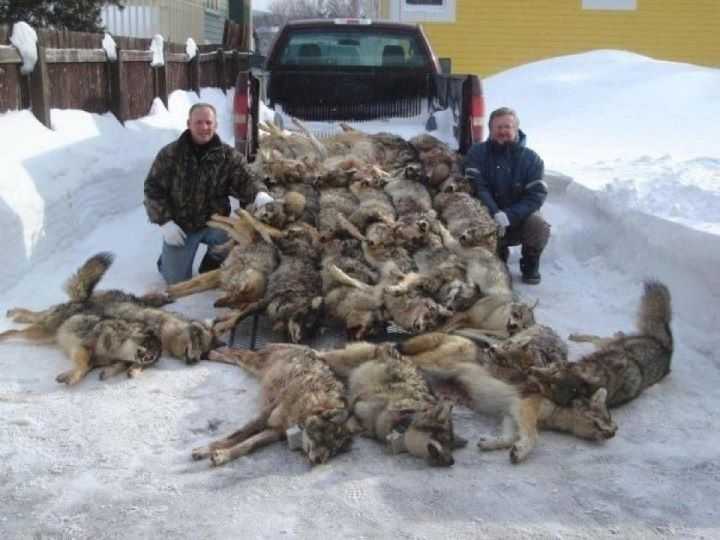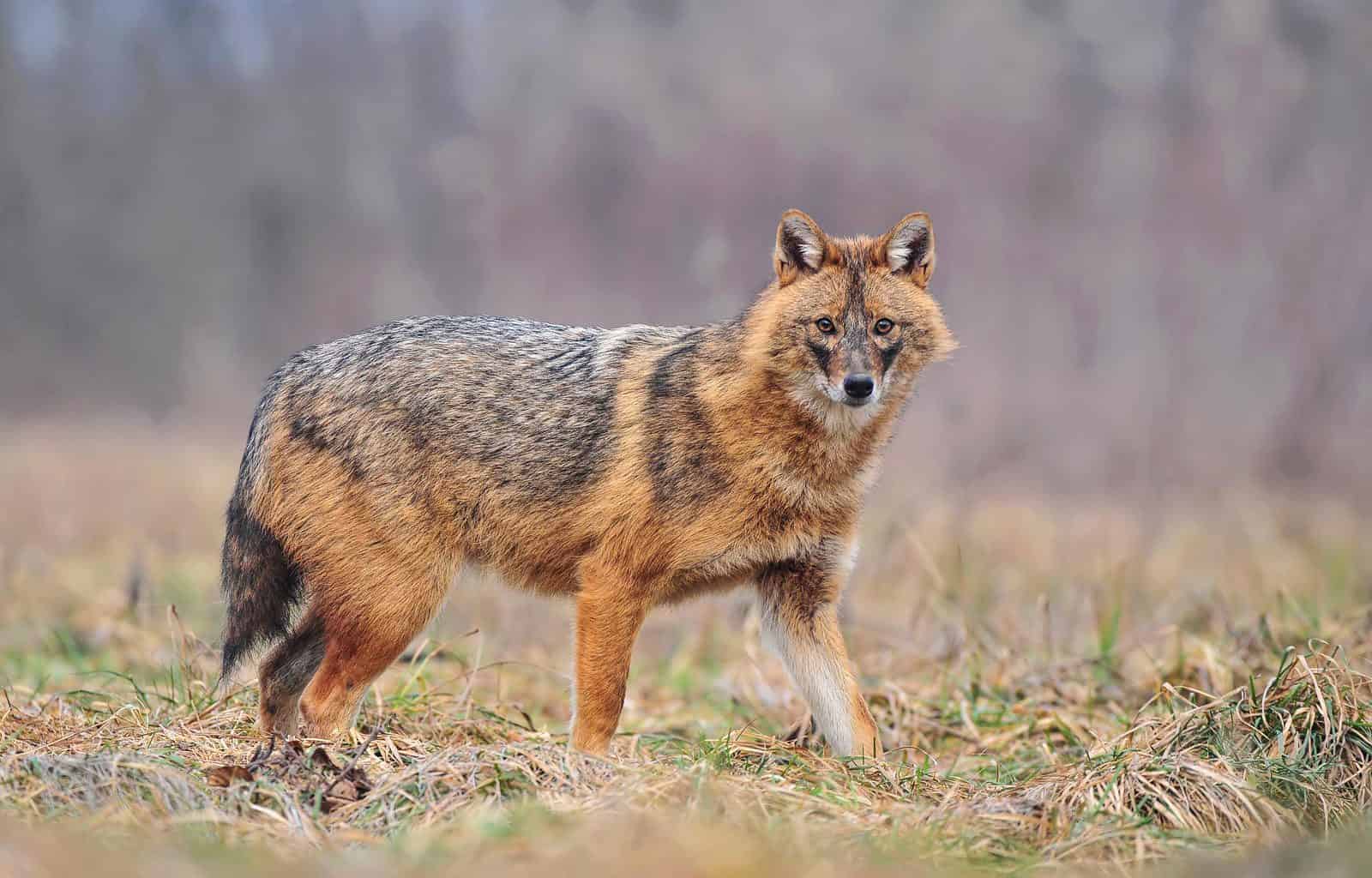The end of the whaling epoch in Iceland
February 19 is World Marine Mammal Protection Day (World Whale Day), whose purpose is to draw attention to the problems of protecting marine mammals. The day was founded in 1986 when the moratorium on whale hunting came into force. This year Icelandic government declared the decision to stop whaling from 2024 when the current quota expires. Declining economic benefits and controversy over the practice has persuaded the country to put an end to the internationally banned commercial whaling.
Ban on commercial whaling
In 1982 the International Whaling Commission decided to implement a pause on commercial whaling on all whale species and populations. This pause is known as the commercial whaling moratorium. It came into force in 1986 and remains in place today. Not all countries agreed though. Iceland, Japan and Norway lodged official objections and continued whaling, sometimes through loopholes such as scientific whaling. Iceland, in particular, left the IWC in 1992, rejoined in 2002 with a reservation against the moratorium and then resumed commercial whaling in 2006 with self-allocated quotas.
Falling demand
For 2019-2023 Iceland has already issued annual whaling quotas, that allow the hunting of 209 fin whales – second-largest and endangered species – and 217 minke whales – one of the smallest species. However, only one minke whale has been killed in the past three years.
Demand for Icelandic whale meat has dropped drastically since Japan – the main market for whale meat – resumed commercial whaling in 2019. Whaling in Iceland had also become more costly. The extension of a no-fishing coastal zone now requires whalers to go farther offshore. Coronavirus pandemic and subsequent social distancing rules have also played their role in complicating things for whale meat processing plants.
Anti-whaling protests
The practice also proved to be controversial in the public eye and invoked a lot of criticism from global marine life activists and environmentalists. US retail chain Whole Foods, for example, banned the marketing of Icelandic products in protest of continued whale hunting.
IFAW in cooperation with Icelandic advocates, researchers and ecotourism operators ran the ‘Meet Us Don’t Eat Us’ campaign in Reykjavik. The campaign educated tourists about whaling and whale meat consumption and helped restrain whale meat consumption by visitors to Iceland.
Solution to climate change
Restoring whale populations could be important for dealing with climate change. Whale hunting has been adding into the atmosphere carbon dioxide that otherwise would have been sequestered on the ocean floor. Whales accumulate carbon in their bodies during their long lives. Upon their death, they take it out of the atmosphere for centuries. Yet whales are valuable not only in death. Their waste products are also relevant to the climate. Rich in iron they create good growing conditions for phytoplankton. Phytoplankton in its turn has an enormous influence on the planet’s atmosphere, capturing an estimated 40% of all CO2 produced. Thus benefits provided by whales make a powerful case for protecting them, even according to economists.








